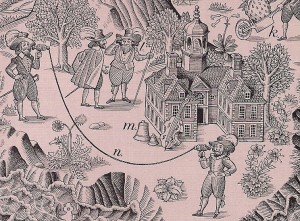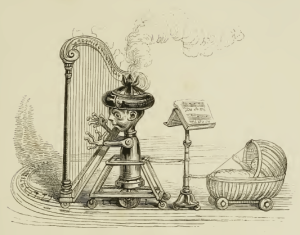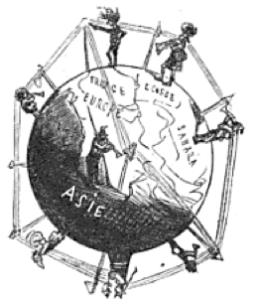Auditory Extensions
This collection features primarily what might be called "listeners' instruments" – that is, devices that aid in the audition of music, rather than its production. Such technologies remind us that our notion of music is determined in large part by what we can hear, and ask us to imagine sonic universes of micro- and macro-scales and distant times and places — worlds of sound lying beyond the "doors of perception" we call our ears.
Musica ex machina
For as long as suitable technologies existed, human beings have been fascinated with the possibility of automating the production of musical sound. Musical automata were devised as early as the first century AD by the Greek engineer Hero of Alexandria, and the histories of music and automation have been entwined ever since. The instruments in this exhibit play upon the fascination with "machine music," whose apparent independence from human control or skill is at once a source of wonder and terror.
Technological Chimeras
In Greek mythology, the chimera was a hybrid monster: with a lion's head and body, a snake for a tail, and a goat head rising from its back, it combined elements from different animals into a new beast. The instruments in this exhibit can be thought of as "technological chimeras," in which distinct units of earlier artifacts are welded together: organ pipes with steam engines, for example, or sound with photography. These devices also partake of another, more general meaning of "chimera": an impossible or illusory fantasy.
Giganticism
Faster, bigger, louder: the industrial revolution ushered in a new scale of life, and a new notion of progress. In the realm of musical instruments, the pursuit of the louder by means of the larger became a particular obsession, manifesting in both designs for enormous instruments and plans for coordinating ever larger collections of individuals. The "Giganticism" exhibit reflects some of the most awesome and absurd dreams of the technological imagination.










